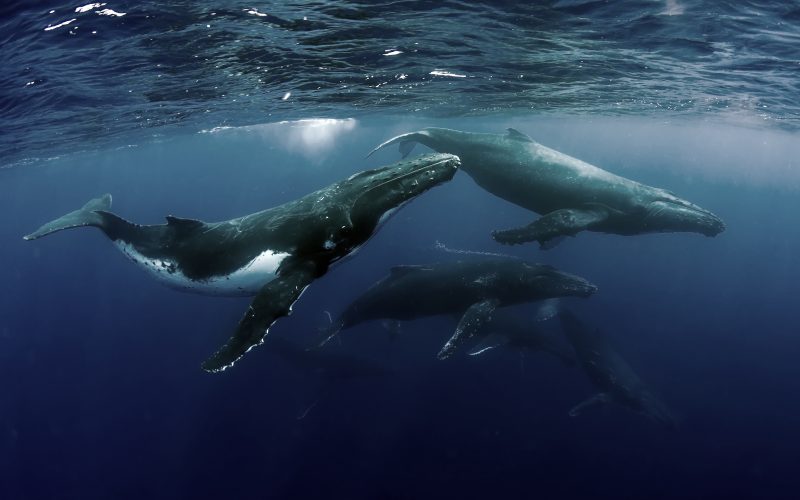Tamika L. Butler, director of planning for California, joins us to talk about an overlooked problem in urban design and why it’s time to start paying attention.
Read more


Tamika L. Butler, director of planning for California, joins us to talk about an overlooked problem in urban design and why it’s time to start paying attention.
Read more
Mortician Caitlin Doughty joins us to tackle the interesting and icky questions posed by children about a still-taboo subject.
Read more
Alexandra Horowitz, who runs Barnard College’s Dog Cognition Lab, joins us to talk about our continued canine obsession.
Read more
Neurologist Dr. Guy Leschziner joins us to talk about night terrors, sleepwalking and all the maladies that keep us from sleeping like a baby.
Read more
Walter A. Brown, clinical professor emeritus at Brown University, us Boyd to tell the story of John Cade, whose pioneering work with lithium has helped an untold number of people.
Read more
This hour, we take a look at the dark corners of the web and talk with a former diplomat about what regulating the internet might look like.
Read more
Jon Gertner talks with host Krys Boyd about the grueling scientific searches in Greenland, even as the ice melts, and the explorers determined to conquer the ice island.
Read more
Dr. Madhukar Trivedi joins host Krys Boyd to talk about how primary care physicians can be an effective front-line resource in detecting mental illness.
Read more
Indiana University School of Medicine professor Bill Sullivan joins host Krys Boyd to talk about how our genetic information combines with outside forces to determine who we become.
Read more
Today, we’ll dive down and meet some of the animals who call our oceans home.
Read more
Sarah T. Roberts of the Center for Critical Internet Inquiry at UCLA joins us to talk about the people charged with keeping offensive material off the web.
Read more
Kate Eichhorn of The New School joins us to talk about how younger generations can never escape their online personas.
Read more